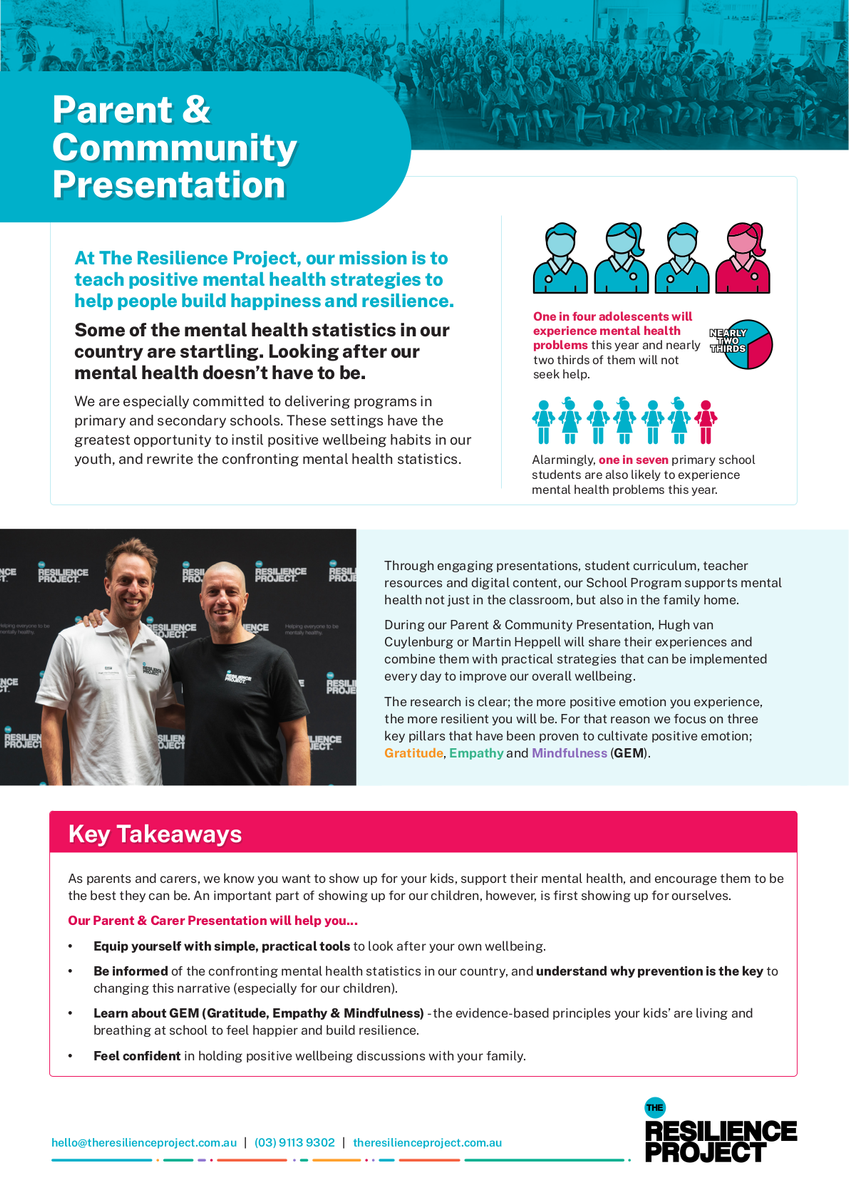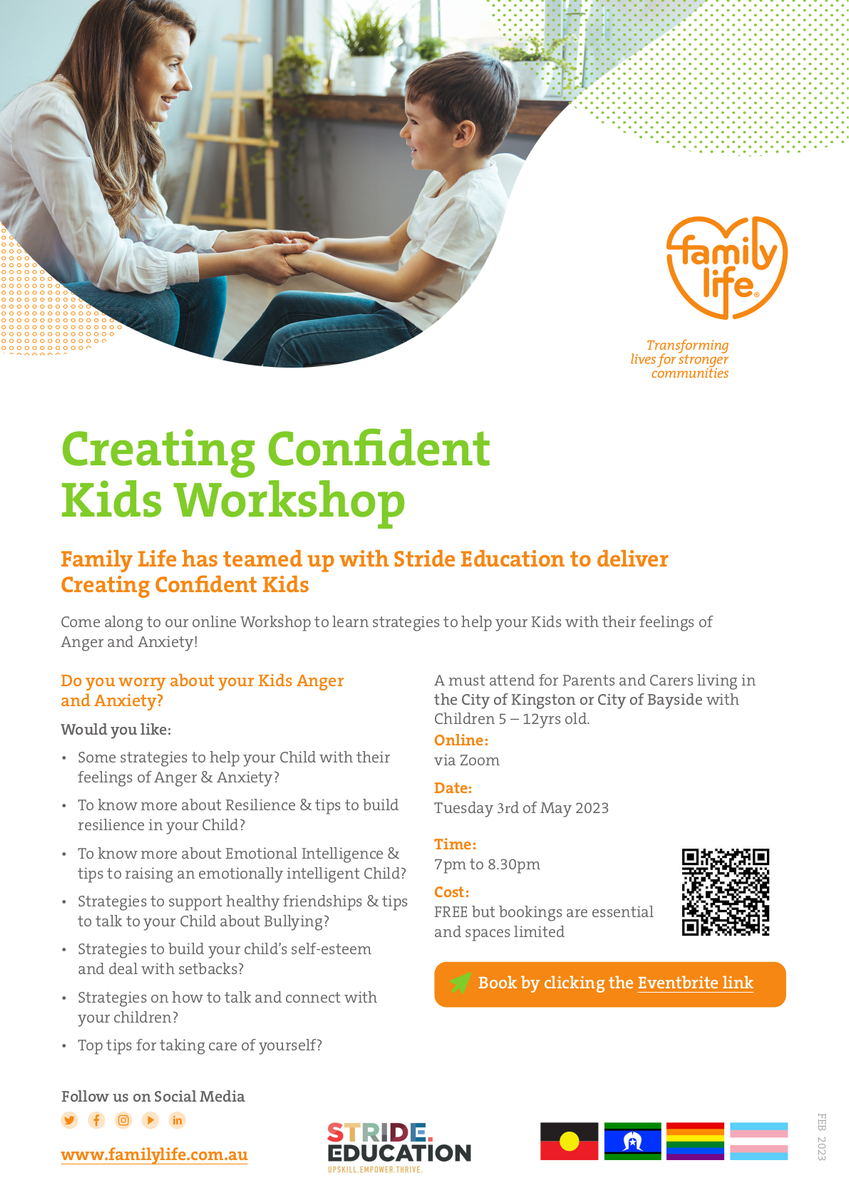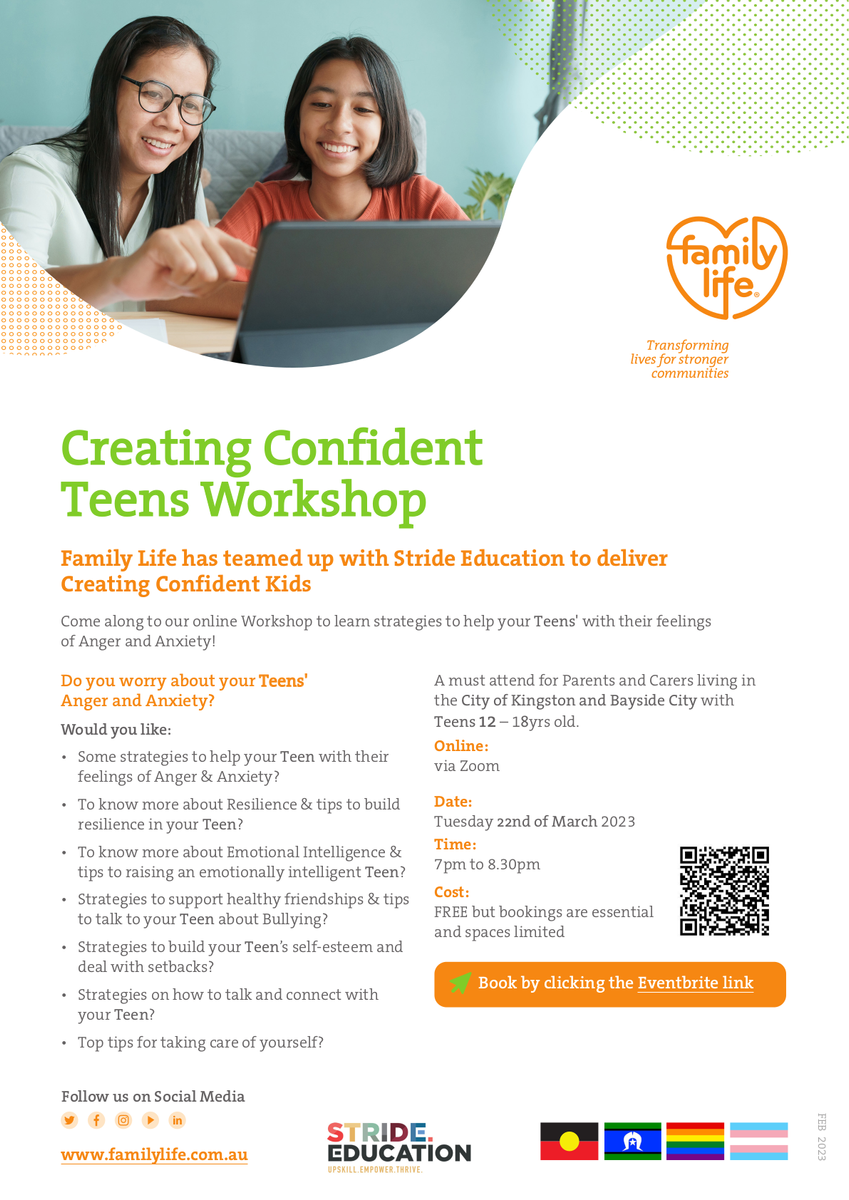Wellbeing
Tallulah and Oliver

Wellbeing
Tallulah and Oliver
TRANSITIONS
The transition into a new school year can be both an exhilarating and worrisome time for some students – new classroom, new friends, new play spaces, new teachers and new routines. Transition can take time as children build new relationships and start to feel more confident in their new classroom community, refusal and reluctance can appear as fatigue sets in (especially in the junior years). For our senior students, transitions are equally as important – greater responsibilities, high expectations and new wonderings about a transition into secondary school.
Some strategies that might help include:
For more ideas, there are some great resources available. Check out:
Beyond Blue - Strategies to support anxious children
Childmind: what-to-do-and-not-do-when-children-are-anxious
Vic Gov: Tips for starting school (especially Prep)
Headspace: transition-from-primary-to-secondary-school
Raising Children Network: moving-schools
The Resilience Project – as mentioned in last week’s comms, we are offering another parent session with the team from TRP. Thursday 23rd March 6:30 to 7:30 on line.
When building positive mental health in schools, we know the best impact happens when we work together.
The ‘Authentic Connection’ presentation helps do just that by sharing those same evidence-based strategies being taught in the classroom, so they can be also practised at home and beyond. Attendees will also be reminded of the importance of their own wellbeing - we bring the best versions of ourselves to our family and community, when we make time to look after ourselves.
Parents and Carer will need to register for the webinar using the following link:https://us02web.zoom.us/meeting/register/tZMkfuipqD8qE9W3e5ySVSZgpLSwgmocjYTiUpon registration, registrants will receive a link to attend the webinar, along with a reminder the day prior.
See below’s flyer for details.


Family Life and Stride Education will be giving parents and carers from Bayside and Kingston the opportunity to attend workshops on...
to better understand and support their children and teenagers.



